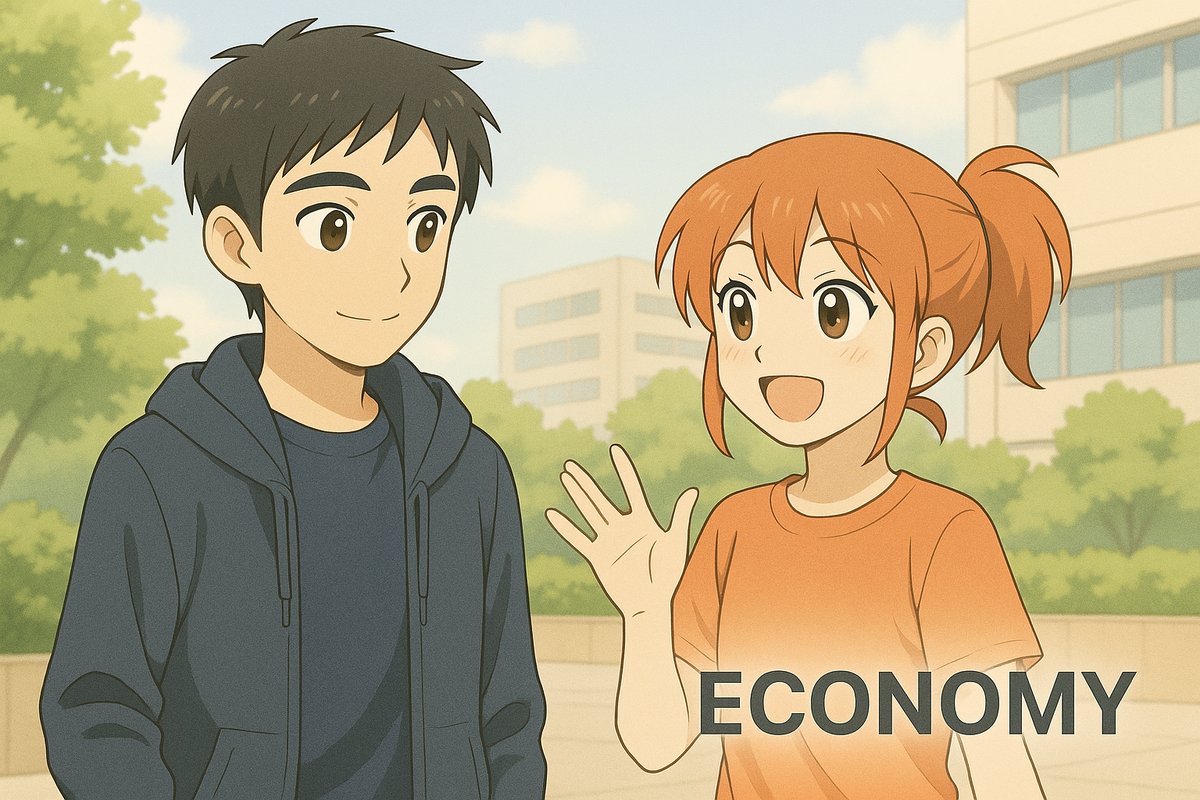📰 ニュースまとめ
日米の関税交渉が急展開を見せ、合意に至ったことが報じられた。
これにより、日本経済への悪影響は一定程度緩和されると評価されている。ただし、高水準の関税が依然として残っており、政府には国内企業の資金繰り支援が求められている。合意内容には相互関税が15%、自動車への関税も15%である一方、日本側の農産品関税引き下げは含まれていないとのこと。
💬 チャコたちの会話に耳をすませてみると…
ログ:
最近の関税交渉、急に合意したみたいだな。おかげで日本経済への悪影響が少し緩和されたみたいだけど、まだ高い関税が残っているようだ。
チャコ:
えー、そうなんだ!でも、ちょっと安心したよ。日本の企業も支援が必要なんだね。
ログ:
そうだな。政府が資金繰り支援をしないと厳しい状況が続くかもしれない。
ナヴィ:
補足しますが、今回の合意内容には自動車への関税が15%であることが含まれています。しかし、日本側の農産品に関しては引き下げがないため、農家からの不満も出ているようです。
チャコ:
そうなんだ!農家の人たちも大変だね。
📝 管理人のひとこと
日米関税交渉の合意により、日本経済の悪影響が緩和されることは喜ばしいニュースですが、依然として高い関税が残ることに対する懸念は無視できません。特に、農産品に関しては引き下げがないことから、農家の方々の不満が高まるのも理解できます。政府には、企業だけでなく農業分野へのサポートを強化することも求められます。これからの動向にも注目したいですね。
この記事をシェアする:
🇬🇧 英語版を見る
Summary
It has been reported that the U.S.-Japan tariff negotiations have taken a sudden turn and reached an agreement.
This is seen as a measure that will somewhat mitigate the negative impact on the Japanese economy. However, high tariffs still remain in place, and the government is being called upon to support domestic companies with their financing. The agreement includes reciprocal tariffs of 15% and a 15% tariff on automobiles, but it does not include any reductions in tariffs on agricultural products from Japan.
Dialogue
This dialogue is fictional and based on the article.
Log: It seems that the recent tariff negotiations suddenly reached an agreement. Thanks to that, the negative impact on the Japanese economy has been somewhat alleviated, but it looks like there are still high tariffs remaining.
Chako: Oh, really? I’m a bit relieved to hear that. Japanese companies need support too, huh?
Log: That’s right. If the government doesn’t provide financial assistance, the situation could remain tough.
Navi: Just to add, the agreement includes a 15% tariff on automobiles. However, there hasn’t been any reduction for Japanese agricultural products, which has led to some dissatisfaction among farmers.
Chako: I see! The farmers must be having a hard time too.
Admin’s Note
The agreement reached in the U.S.-Japan tariff negotiations is good news as it helps mitigate the negative impact on the Japanese economy. However, we cannot ignore the concerns about the remaining high tariffs. In particular, the lack of reductions on agricultural products understandably increases dissatisfaction among farmers. The government is also expected to strengthen support not only for businesses but for the agricultural sector as well. We should keep an eye on future developments.



コメント